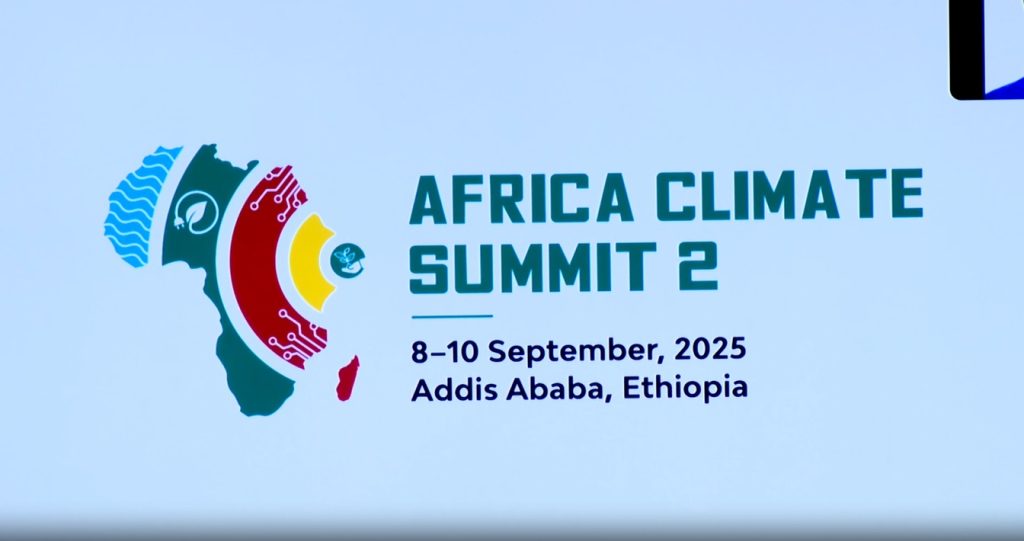Africa, despite bearing the least responsibility for the climate crisis and facing its most severe impacts, holds the key to a global green transition but will no longer do so from the sidelines.

The summit represents an important moment for African nations to collectively convene and reframe their role in the global climate dialogue, shifting from a narrative of vulnerability to one of immense opportunity and unmet potential. Central to this discussion is the big contrast between Africa’s minimal carbon footprint, its high vulnerability, and its vast, untapped renewable energy resources.
Data underscores a profound climate injustice. Historical maps of global carbon dioxide emissions, such as one from 2010, consistently show African nations contributing a fraction of the world’s total emissions compared to industrial powerhouses in North America, Europe, and Asia.
Yet, as research by Shafat et al. (2021) clearly illustrates, this minimal contribution does not translate to safety. The same study ranks the majority of African countries as “most at risk” from the devastating effects of climate change, including prolonged droughts, catastrophic floods, and rising sea levels. In contrast, regions like Western Europe and North America, with their historically high emissions, are ranked as “least at risk.” This imbalance gave rise to the concept of “environmental justice” two decades ago, but summit delegates argue that the goal of equity remains largely unfulfilled.
A second, critical imbalance lies in the flow of global finance. Despite possessing up to 60% of the world’s solar resources, as depicted in global solar potential maps, Africa receives a dismally small share of investments in sustainable energy.
An analysis of asset finance investment in renewable energy from 2004 to 2016 reveals that Africa’s portion was a mere fraction of the total billions of dollars poured into projects in regions like Europe, North America, and Asia-Pacific. This investment gap persists despite the continent’s potential to become a green energy superpower, capable of not only meeting its own growing energy demands but also exporting clean power to fuel industries elsewhere.
“Africa holds the majority of the world’s solar resources, yet it receives an insignificant number of investments in sustainable energy,” the draft document for the summit states, framing a central question: “How can a continent that stands to fuel the world’s green transition be left on its sideline?”
It is a strategic effort to present a unified African position ahead of critical global negotiations, such as the COP28 climate conference. By highlighting its unparalleled solar potential alongside the glaring investment gap, African leaders aim to transform the continent’s perceived vulnerability into a compelling investment case.



